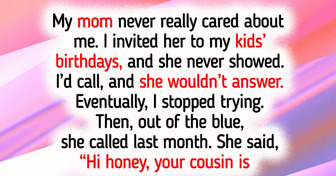Maya is a grown adult who should be taking care of herself. Her problems are not yours. If she didn't want to be homeless she should have been looking for employment even if it meant flipping burgers at McDonald's. I took whatever job I could find and took care of myself. Nothing fancy and definitely nothing to brag about but I didn't end up having to depend on other people or end up on the streets.
She Lost Her Job, I Covered Rent—Now She’s Homeless and Blaming Me
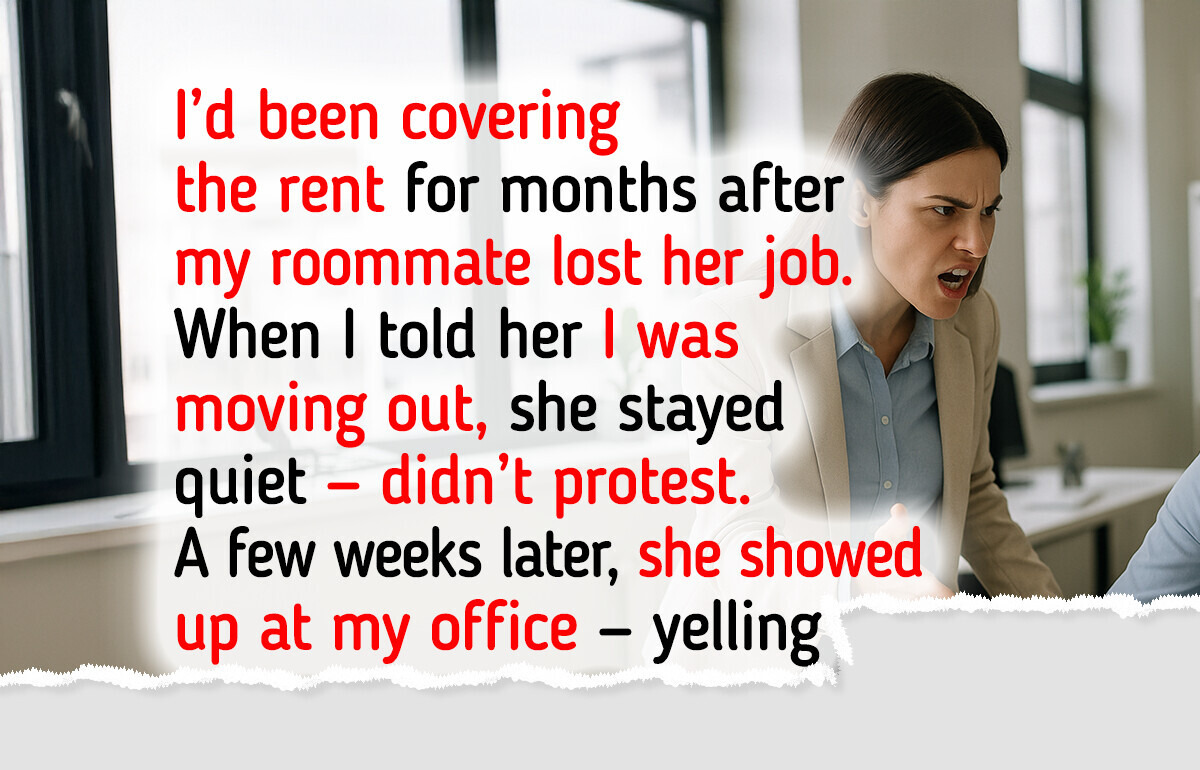
One of our readers sent us this story, and it left our whole team stunned.
Sometimes, we help people out of kindness — never expecting payback, just hoping they’ll get back on their feet. But what happens when that kindness gets twisted into blame?

This is her letter:
Dear Bright Side Team,
This situation has been bothering me, and I’m starting to question whether I handled it the right way.
So, I (29F) had been living with a roommate, Maya (fake name, 28F), for about a year. A few months ago, she lost her job. I felt bad for her and agreed to cover her half of the rent while she looked for new work. She kept saying she was applying to places and trying — and I believed her.
Fast-forward a few months, and I’m now struggling financially myself. My own bills were stacking up, and I just couldn’t keep floating both of us. I told Maya I’d be moving out by the end of the month. She didn’t argue or even get emotional — she just kind of went quiet. I figured she was just processing.
I moved out and found a smaller, more affordable place. A few weeks later, while I was at work, she showed up at my office and started yelling at me in front of my coworkers. She claimed I got her kicked out and ruined her life.
Here’s the kicker: I found out she had never signed the lease, and the apartment was entirely under my name. So when I moved out, the landlord had no choice but to reclaim the unit. Legally, she wasn’t even a tenant.
After that, she told several mutual friends that I “abandoned her during her darkest hour.” Only one of them actually asked me for my side. I showed her the lease, the payment receipts, the texts — everything. She was stunned and admitted Maya had twisted the story completely.
Now I’m left feeling used and wondering if I should’ve done more. I truly wanted to help, but in the end, it feels like I was just taken advantage of.
— Angela

Done more? If you want people to stop taking advantage of you STOP LETTING THEM!
What an ungrateful spoiled brat your so called friend is. What did she expect you to do? Support her the rest of her life? Drop her and let her fend for herself. Maybe she'll come back to reality and grow up.
DON'T HELP HER ANYMORE, SHE WILL USE AND SLANDER YOU AGAIN. What happen once will again
1. Set Boundaries When Helping Others.
- Setting boundaries when offering financial or emotional support is crucial to maintaining your own well-being and preventing resentment. Boundaries protect your mental health and help clarify your limits with others.
2. Trust Actions Over Words.
- Consistently observing someone’s actions—rather than relying only on their words—helps you gauge their reliability and intent. Discrepancies between what a person says and what they do are often a red flag in maintaining trust.
3. Recognize Manipulation and Psychological Projection.
- Some people manipulate narratives by projecting their own negative traits or blame onto others. Projection is a defense mechanism where someone attributes their unwanted feelings or behaviors to someone else.
4. Validate Your Own Feelings.
- Recognizing and accepting your feelings, even when they are painful, is important for self-worth and resilience. Emotional validation—by yourself or from others—reduces distress and encourages healthy coping.
5. Assertiveness for Healthier Relationships.
- Being assertive—expressing your needs clearly and respectfully—prevents you from being taken advantage of and supports mental health. Assertiveness training reduces stress, boosts self-esteem, and encourages honest communication.
In the end, she wasn’t angry because she was abandoned — she was angry because the help stopped. Angela did more than most people would. But sometimes, when you draw a boundary, people show you who they really are.
Kindness is powerful, but it should never come at the cost of your own well-being. Read more articles about complexed relationships here.
Comments
Related Reads
12 True Stories About Coworkers They’d Make Hitchcock Flinch
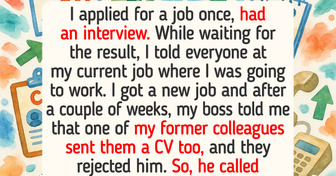
I’m Vegan and My BF Bought Me Leather Shoes, So I Taught Him a Lesson He Won’t Forget

12 Moments That Show Kindness Is the Strength That Survives Pain

I Caught My Landlord Entering Without Permission—I Didn’t Expect the Truth Behind It
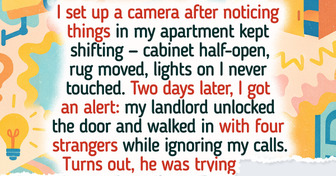
I Refused to Obey My DIL’s Weird Demands, I’m a MIL, Not an Errand Girl

I Refuse to Be My Family’s Cash Machine Just Because I Got a Promotion and Salary Increase
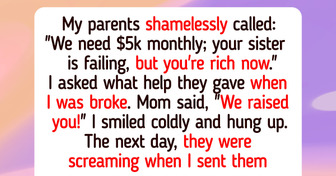
11 Heartwarming Stories That Prove Family Is Everything
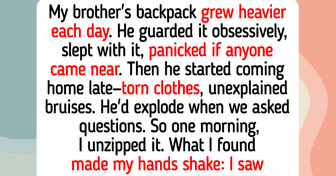
15 People Who Turned an Ordinary Day Into a Movie Without a Script

17 Moments That Prove Kindness Is a Superpower in Casual Outfit
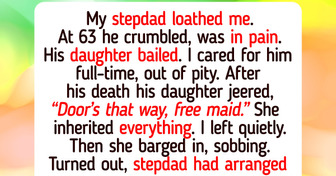
20 Vacation Stories That Are Better Than Any Souvenir

12 Coworker Tales So Crazy, They Could Be a Blockbuster Series

My Mom Forgot About Me Until She Needed My Help—I Turned the Tables on Her
